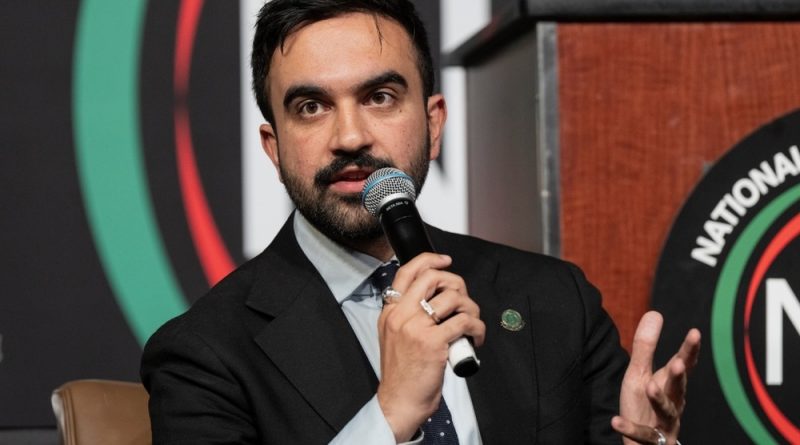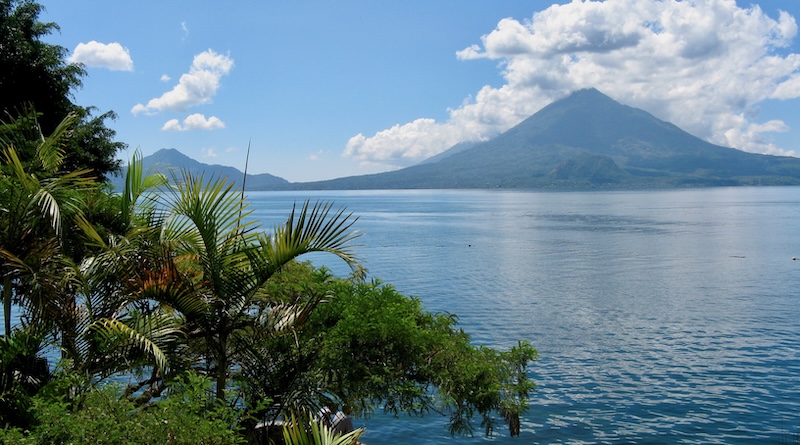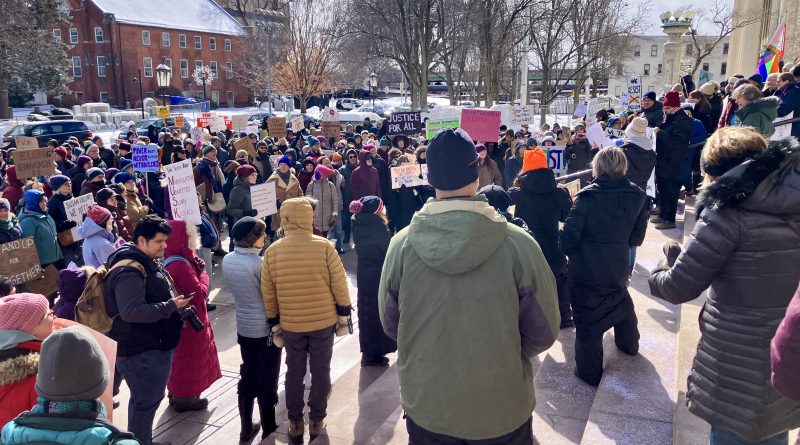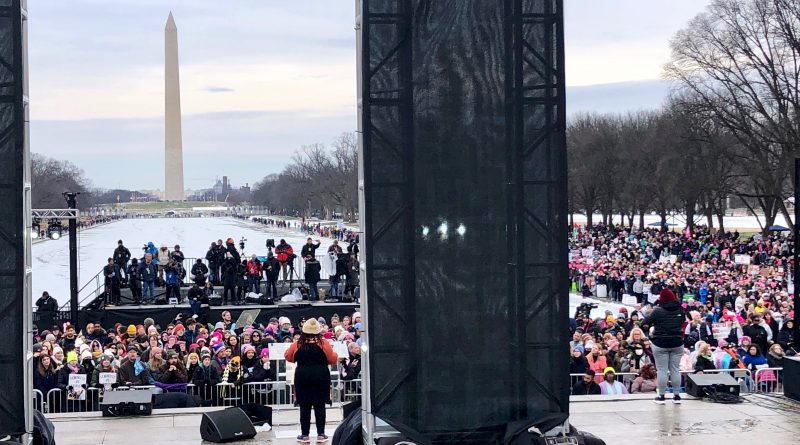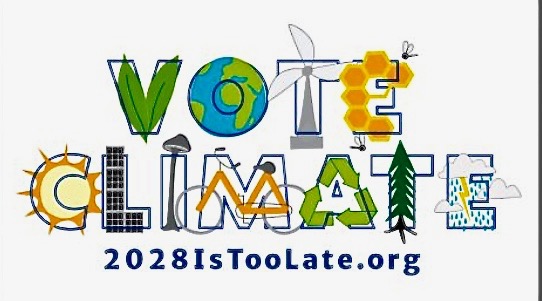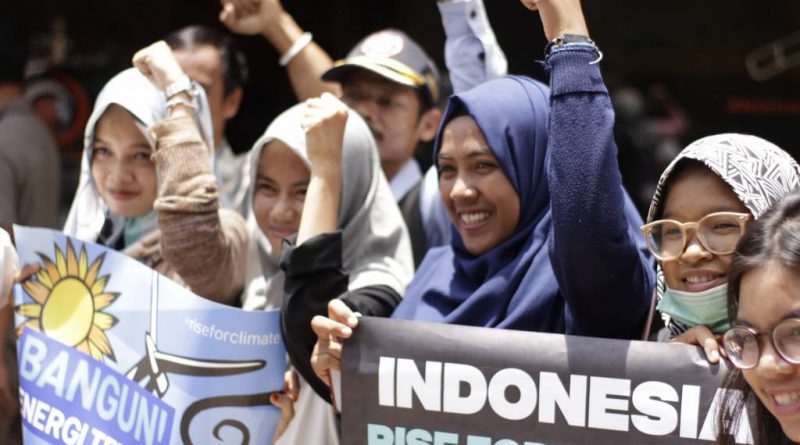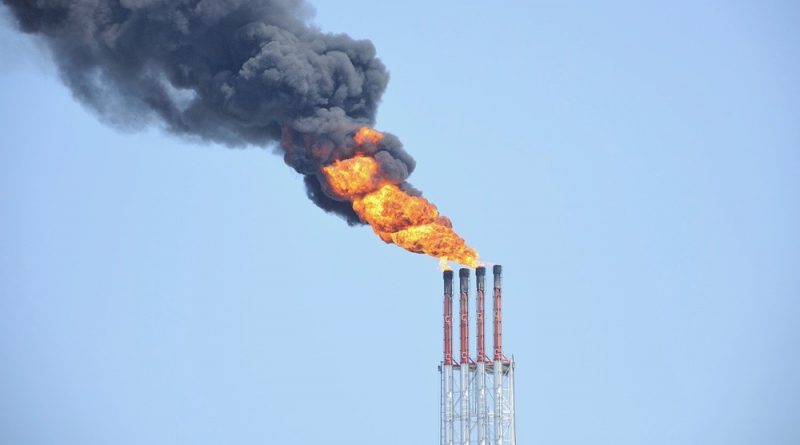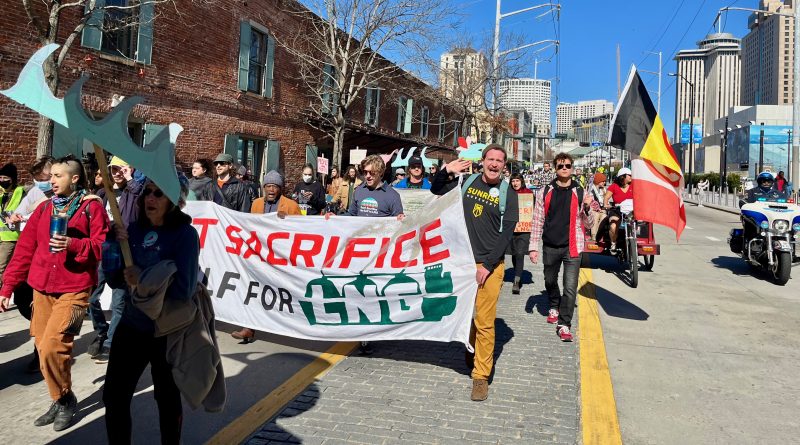Is this the “better story” we need?
The actions Donald Trump has taken to increase the burning of fossil fuels, eliminate the transition to renewable energy, and increase the wealth of fossil fuel CEO’s have been mind-boggling. Each of these will worsen the climate crisis, and all its disastrous effects, both in the U.S. and throughout the world. They are guaranteed to increase global death and disease — from catastrophic weather events, famine causing droughts, wildfires, and deadly air pollution.
Trump and his henchmen have shifted from climate denial (“It’s a hoax.”) to outright dismissal of the issue. For instance, Secretary of Defense Pete Hegseth tweeted, “The Department of Defense does not do climate change crap. We do training and warfighting.” Agriculture Secretary Brooke Rolllins said, “We’re not doing climate change crud anymore.” Climate change denial has become even harder to justify as the scientific evidence and weather disasters have increased. “Dismissal, on the other hand, is a way of saying, ‘It’s beneath our contempt. We don’t even have to debate this—we’ll just call it crap,’” Texas A&M communications professor Jennifer Mercieca says.
All of this comes as a poll of nearly 130,000 people across 125 countries finds that 89% of people want their governments to do more to address the climate crisis.
Read more